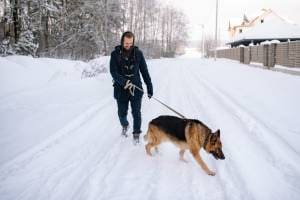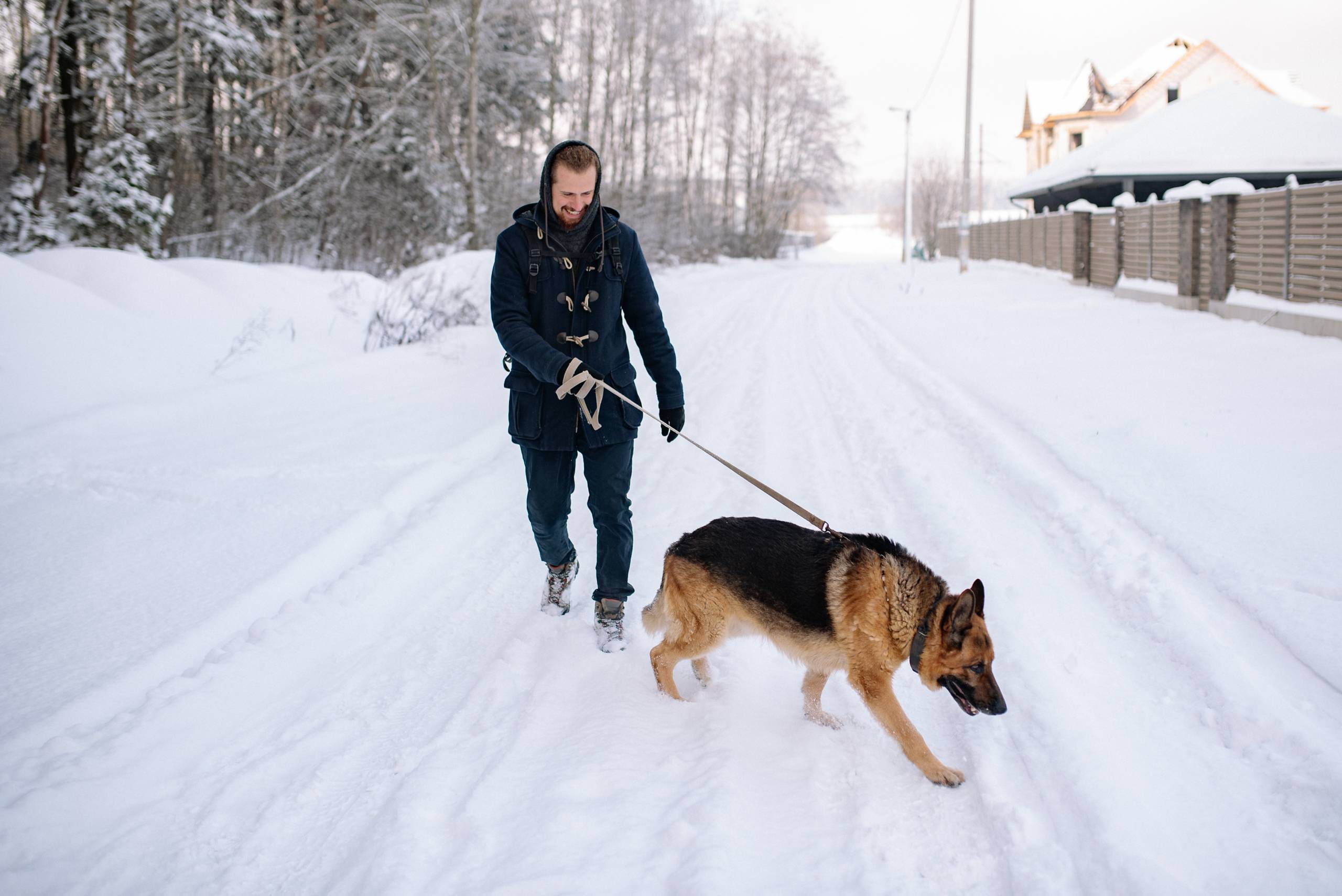
Understanding Dog Behavior
Dogs exhibit a wide range of behaviors, and some of these behaviors can be quite perplexing to us humans. When it comes to coprophagia, there are several potential reasons why dogs engage in this habit. Firstly, it’s important to remember that dogs have a highly developed sense of smell, and they use this sense to explore and understand the world around them. What might seem repulsive to us might carry valuable information for our furry friends.
Nutritional Needs and Instincts
Another reason for coprophagia might be linked to a dog’s natural instincts. In the wild, a mother dog would consume her puppies‘ feces to keep the den clean and to protect her young from predators. Although our domesticated dogs might not be in the same environment, this ancestral behavior can still be present, especially if a dog is trying to mimic the actions of its wild ancestors.
Behavioral and Environmental Factors
Beyond instincts, a dog’s environment and behavior can also play a role in coprophagia. For example, some dogs might eat feces out of boredom, anxiety, or stress. In a multi-dog household, one dog might eat another’s feces as a way to assert dominance or to mimic the behavior of the alpha dog. Additionally, if a dog is kept in a confined space for long periods, it might resort to coprophagia as a way to cope with boredom or stress.
Medical and Nutritional Issues
In some cases, coprophagia could be a sign of an underlying medical issue or nutritional deficiency. Dogs might eat feces if they are not receiving adequate nutrition from their diet or if they have malabsorption issues. It’s important to consult with a veterinarian if you suspect that your dog’s coprophagia might be linked to a health concern.
What Can You Do?
If your dog is engaging in coprophagia, there are steps you can take to address this behavior. Firstly, ensure that your dog is receiving a balanced and nutritious diet. Regular feeding schedules and a high-quality diet can help reduce the likelihood of coprophagia. Additionally, keeping your dog’s living space clean and providing plenty of mental and physical stimulation can help prevent boredom and anxiety, potentially reducing the urge to eat feces.
Lastly, if you’re struggling with this behavior, remember that patience and consistency are key. Addressing coprophagia might take time and effort, but with understanding and the right approach, you can help your dog overcome this habit.
While coprophagia might not be the most pleasant topic to discuss, it’s an important aspect of understanding our canine companions. By taking the time to understand the potential reasons behind this behavior and addressing any underlying issues, we can ensure that our dogs lead happy, healthy lives. If you’re concerned about your dog’s coprophagia, don’t hesitate to seek advice from a professional, as they can provide valuable insights tailored to your dog’s specific needs.
[/fusion_text]



